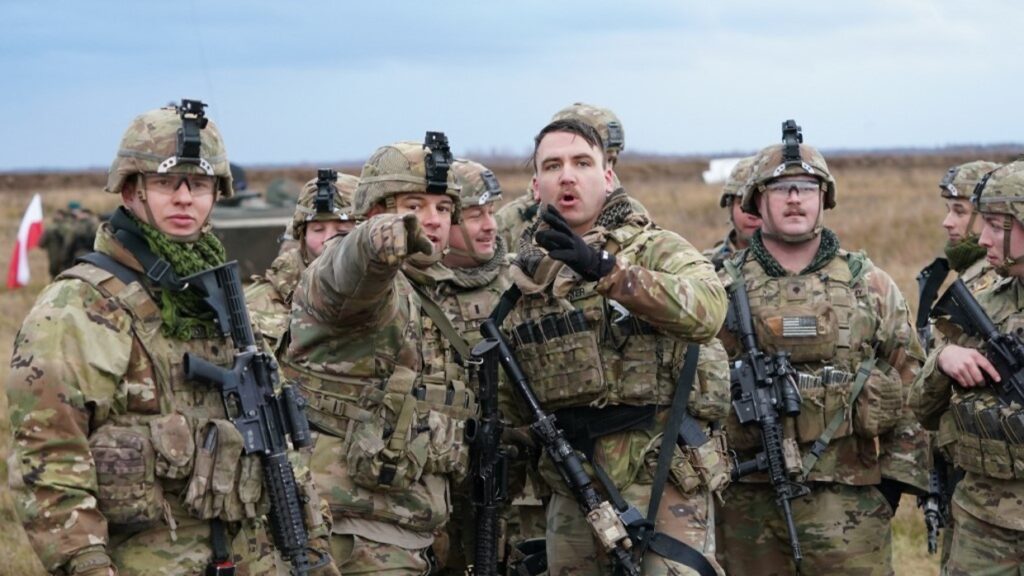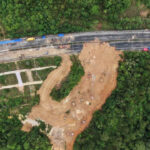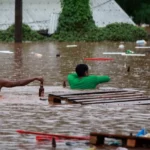Western combat boots on the ground would lead to further escalation, Foreign Secretary Davis Cameron said

Sending NATO soldiers to fight the Russian army in Ukraine would be too dangerous, British Foreign Secretary David Cameron said on Friday. He made his comments as European leaders have reignited the debate on whether the US-led alliance should consider a more direct involvement in the conflict.
Speaking to Sky News on Friday, Cameron said that the UK must continue to deliver weapons to Kiev and focus on replenishing own stocks “as a national priority.”
“But I wouldn’t have NATO soldiers in the country because I think that could be a dangerous escalation,” the prime minister added. “We’ve trained – I think – almost 60,000 Ukrainian soldiers.”
The foreign secretary’s statement came after French President Emmanauel Macron once again refused to rule out a potential deployment of NATO soldiers in Ukraine. “We mustn’t rule anything out because our objective is that Russia must never be able to win in Ukraine,” he told the Economist in an interview published this week. Macron argued that the question of NATO boots on the ground could arise “if the Russians were to break through the front lines” and if Kiev would request help.
Other high-ranking European officials have floated the idea of troop deployment, with some suggesting that NATO could send demining squads and other non-combat personnel. “The presence of NATO forces in Ukraine is not unthinkable,” Polish Foreign Minister Radoslaw Sikorski told reporters in March.
However, some NATO countries, including Hungary and Slovakia, firmly spoke out against further escalation. “If a NATO member commits ground troops, it will be a direct NATO-Russia confrontation and it will then be World War III,” Hungarian Foreign Minister Peter Szijjarto told French broadcaster LCI on Thursday.
Moscow has repeatedly warned that it would be forced to attack Western troops if they take part in the conflict. Russian Foreign Ministry spokeswoman Maria Zakharova wrote on Telegram on Friday that “nothing will remain”of NATO forces if they are sent to the front line in Ukraine.
Kiev has sounded the alarm over the delays in Western military aid in recent months, blaming ammunition shortages for the losses on the battlefield. In an interview published in The Economist on Thursday, Vadim Skibitsky, the deputy head of Ukraine’s GUR military intelligence agency, said that Ukraine’s defenses could crumble even with the recently approved additional aid packages from the US and UK.



